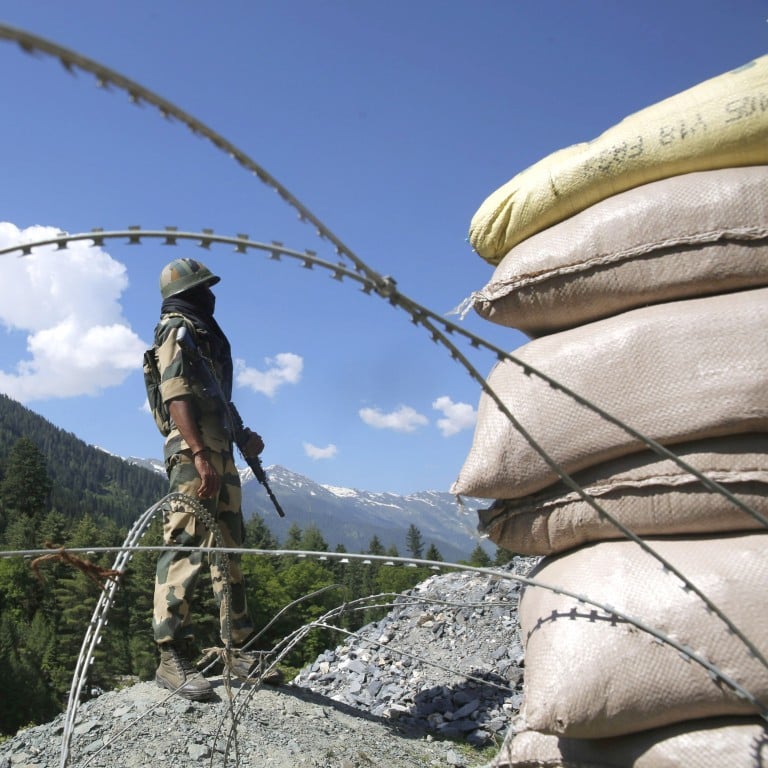
China rules Ladakh court judgment ‘irrelevant’ to its border dispute with India
- The region is a focus of the two countries’ sometimes deadly encounters along the demarcation line in the Himalayas
- The Indian Supreme Court has upheld Ladakh’s status as separate from the reorganised former state of Jammu and Kashmir
“China has never recognised the so-called union territory of Ladakh set up unilaterally and illegally by India,” said Chinese foreign ministry spokeswoman Mao Ning on Wednesday.
“India’s domestic judicial verdict does not change the fact that the western section of the China-India border has always belonged to China.”
The remarks followed Monday’s ruling upholding the Indian government’s repeal of the special status of Jammu and Kashmir – focus of a long-standing territorial dispute with Pakistan – that split the state into separately administered territories.
The court also found that the reorganisation of Ladakh as a separate union territory was valid, on the understanding that statehood would be restored to Jammu and Kashmir “as soon as possible”.
In delivering Beijing’s response to the Indian court’s main decision on Jammu and Kashmir, Mao said on Tuesday that China’s position on the issue remains “consistent and clear-cut”.
“The Kashmir issue, left from the past, needs to be resolved peacefully and appropriately in accordance with the UN Charter, Security Council resolutions and relevant bilateral agreements,” she said.
“Parties concerned need to settle the dispute through dialogue and consultation so as to maintain regional peace and stability.”
The judgment came hard on the heels of China and India’s 28th round of diplomatic talks on November 30, aimed at resolving the issues surrounding their border dispute, which turned deadly in 2020 and thrust Ladakh into the international spotlight.
The fatal clash in the Galwan Valley claimed at least 20 Indian and four Chinese lives and marked one of the deadliest border incidents between the neighbouring nations in decades.
Despite ongoing disengagement efforts since September 2022, tensions persist along the 3,000km (1,860 miles) Line of Actual Control (LAC) – that separates Indian and Chinese-controlled territories.
Both countries maintain a substantial military presence along the LAC and deploy advanced weaponry along the notional demarcation line.
The latest talks – led by the China’s director general for boundary and oceanic affairs Hong Liang and Gourangalal Das, Indian joint secretary for East Asia – were “comprehensive, in-depth and constructive”, according to Beijing.
A statement from China’s foreign ministry affirmed the “positive progress” made in negotiations and said both sides had agreed to “maintain the momentum of diplomatic and military negotiations”.
According to the statement, India and China also agreed to “promote the settlement of issues related to the border areas and turn the page on the situation … at an early date”.


